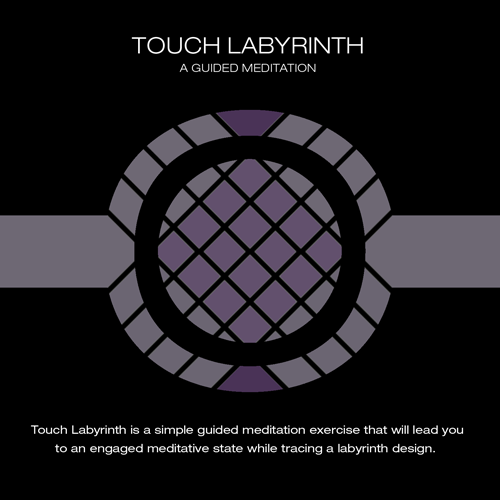|
I always meet a certain amount of skepticism when I tell my students that they can train themselves to relax almost instantaneously!
I, then ask them to think of a person they hate. As they think of that person, their mind runs through an image of that person, their body tenses up and, in many cases, there is a visible increase in their stress levels. In some cases, they confide, all they have to hear the voice or see that person's face in their mind- and they feel angry. Our minds are very powerful - it can take just a negative image or voice of a person, event or even an imagined action and we are able trigger stress and strong feelings in your body. As you have "negative" experiences with this person, your mind records all the details of this "heightened emotional" state", your breathing, your posture and other physical and mental parts of the event. As you encounter this person or negative event again, the mind/body "remembers" the past experiences and builds upon it. Suddenly, all you need is a little cue, like the person's face or voice and you trigger the strong visceral reaction in your body. You are set to have "anchored" your strong feelings to that cue or "anchor". In my meditation classes, I teach the" opposite" process - the art of "anchoring" the relaxation response. As you reach a state of complete relaxation, you can use multiple anchors (such as snapping your finger and whispering the word "peace") or you can use a photo of a loved one in your key chain. As you repeat this anchor, your mind records all the details of your breathing, posture and your mental state. If you do this often, all you need is to use the anchor in a situation where you are stressed out and your body will relax instantaneously. Many athletes and performers have created similar anchors for peak performance. They run through mental states of feeling empowered and anchor their minds to these states. This technique is well-known among NLP (Neuro Linguistic Programming) experts. Check out the video above demonstrating the technique. Want to learn more? Check out a 2013 book written by one of the founders of NLP, Richard Bandler. The Ultimate Introduction to NLP: How to build a successful life Richard Bandler (Author), Alessio Roberti (Author), Owen Fitzpatrick (Author)
0 Comments
You often see reports about stress "causing" heart disease in the popular media. There are two separate issues - heart attack versus heart disease. Heart disease occurs over a period of time - heart attack is a specific event - often the last stage of heart disease as a person succumbs to this disease.
What is a heart attack? A heart attack is a very specific event! A heart attack occurs when the blood supply to part of the heart muscle itself is severely reduced or stopped. The reduction or stoppage happens when one or more of the coronary arteries supplying blood to the heart muscle is blocked. This is usually caused by the buildup of plaque (deposits of fat-like substances), a process called atherosclerosis. The plaque can eventually burst, tear or rupture, creating a "snag" where a blood clot forms and blocks the artery. This leads to a heart attack. If the blood supply is cut off for more than a few minutes, muscle cells suffer permanent injury and die. This can kill or disable someone, depending on how much heart muscle is damaged. The medical term for heart attack is myocardial infarction. A heart attack is also sometimes called a coronary thrombosis or coronary occlusion. What is Heart Disease? Heart disease refers to conditions in your arteries and other blood vessels related to your heart. Coronary Artery Disease (CAD) refers to the build of plaque in your arteries (see atherosclerosis above). In some individuals this "process" starts as early as 2 years of age. CAD can result in angina (chest pain) or heart attack or other health complications. Several factors play an important role in heart disease including your family history, cholesterol levels, level of physical activity and smoking. Many studies suggest that anger and negative handling of stress can have a powerful effect on a person's immunity and risk of heart disease. People who hate their jobs have double the risk of dying from heart disease as compared to people who enjoy their jobs. It must be understood that the "garden variety" of stress is common for most people. It is not the "stress" that kills but how we handle it. The bottom line - if you have anger issues or you have "unhealthy" ways of dealing with your stress levels - consider meditation and other relaxation methods. 03-18-2010 Original Publication 05-03-2014 Links updated |
a guided finger meditationEngage your senses with soothing music, guided imagery and a labyrinth tracing activity which leverages the power of touch. Click the album cover to learn more. Categories
All
|

 RSS Feed
RSS Feed